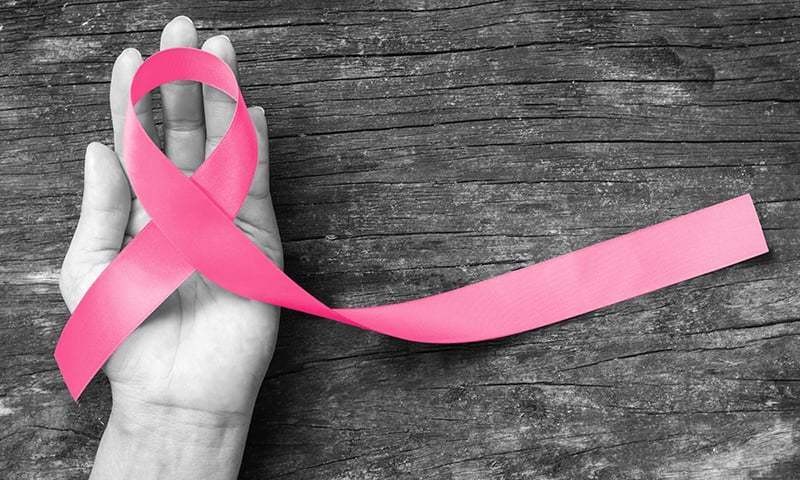
A large number of breast cancer patients are not curable when they come for medical help because of the advance stage of the disease they suffer from.

In a country, where according to rough estimates, around 40,000 women die of breast cancer every year, there is still very little noise being made in the right direction. Octobers are celebrated globally as breast cancer awareness month and many in the media, like us, dedicate airtime and pages to understanding why thousands of women continue to die every year because of it. But what is of concern is that we continue to ask the same questions every October, perhaps indicating that we fail to make much progress in generating an awareness that could potentially save our women.
The country is reported to have the highest rate of breast cancer in Asia. That is no accomplishment.
Activists and practitioners say some, nay, little progress has been made. In a society where saying the words ‘breast cancer’ was once taboo (perhaps still is in some quarters), the fact that online, television and print media run awareness campaigns on the disease is a somewhat encouraging sign. It definitely is for the people who dedicate their time and expertise in trying to reach out to women and helping them cope if they already suffer from it and for women benefitting from it. But it also reflects the gravity of the problem - our reluctance as a society to speak, understand and educate ourselves.
Experts say the main problem lies in the fact that patients come for medical diagnosis too late. A large number of breast cancer patients are not curable when they come for medical help because of the advance stage of the disease they suffer from. The problem is aggravated by the absence of a central registry making decision makers and practitioners rely on mere estimates.
There is much that remains to be done in terms of awareness campaigns and provision of on-ground easily accessible facilities and expertise. We need to further the discussion and be able to ask new questions in light of actual progress, not regurgitate information our women should have been aware of ages ago.